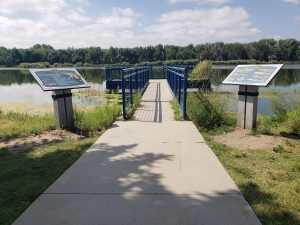 Fishing is a remarkably relaxing activity that can be a hobby to enthusiasts or a sport for more competitive people. Its flexibility stretches across lakes, rivers, seas, and oceans, so in most cases, all you need to enjoy it are a few hours and some basic gear. Some people who use wheelchairs or have limited mobility may enjoy fishing over more fast-paced, action-packed activities, so if you want to learn how to fish from a wheelchair, you’ve certainly come to the right place.
Fishing is a remarkably relaxing activity that can be a hobby to enthusiasts or a sport for more competitive people. Its flexibility stretches across lakes, rivers, seas, and oceans, so in most cases, all you need to enjoy it are a few hours and some basic gear. Some people who use wheelchairs or have limited mobility may enjoy fishing over more fast-paced, action-packed activities, so if you want to learn how to fish from a wheelchair, you’ve certainly come to the right place.
Picking the Right Spot
First and foremost, you should search for wheelchair-accessible fishing spots near you, as most of the preparation work will depend on where you’ll go. Google can be your best friend in this particular situation; it can even help you find fishing communities of anglers, but we’ll talk about that a bit later.
Due to the pandemic, certain areas may be closed (or at least working at reduced capacity), which means that you should find a credible site that offers as accurate information as possible.
A good example of such is Texas Parks & Wildlife wheelchair-accessible fishing sites page. Aside from listing the places, you’ll also find contact information for each individual spot.
Obviously, avoid slopes and rocky terrains, and make sure to not go too far from civilization; should something go awry, having people in your shouting range can make a huge difference.
Wheelchair Modifying
There are countless mods you can install in your wheelchair if you’re an avid fisherman, such as pole holders, portable umbrella holders, all-terrain wheels, additional tires, tip-preventers, handlebar extensions, and so many more.
Essentially, all of these modifications aim to provide you with extra versatility in various aspects of fishing, be it increased stability of your wheelchair, a more convenient way to use multiple poles simultaneously, or in terms of allowing you to traverse otherwise unreachable terrains.
Mobility Aids, for example, is one of the leading brands that specialize in producing all kinds of wheelchair accessories, most of which can be utilized in the context of fishing.
Bridge Fishing
The safest way to fish from a wheelchair is to set up on the side of a bridge. Taller bridge walls or fences will prevent you from tipping over in case you start struggling with a bigger haul while the roads are typically made of easily traversable concrete.
If you haven’t fished from a wheelchair before, this is arguably the best way to go for a variety of reasons. First and foremost, you don’t need to spend any extra money on wheelchair accessories. Secondly, you’ll be able to park nearby fairly easily, allowing you to bring more items for your trip.
However, finding a bridge with little traffic where you can fish in pieces can be fairly difficult. Despite being safer than other scenarios, minimal privacy is a huge drawback to this way of fishing.
River Fishing
The vast majority of good fishing spots are near rivers, so if you want to make sure to have a good catch, your best bet is to mod your wheelchair with all-terrain wheels and tip-preventing sticks.
You should use Google Maps to observe the location you want to go to carefully. For instance, tip-prevention gadgets work with reduced efficiency in rocky terrains (while being perfect for muddy slopes); thicker, larger wheels will certainly help you in almost any case while additional tires can provide you with much-needed stability.
This approach is significantly more dangerous than fishing from a pier or from a bridge, although you’ll be able to find peace of mind most easily this way. Most potential hazards can be countered with appropriate gear, although good-quality accessories are bound to make a dent in your wallet.
Pier Fishing
The United States Access Board has been working diligently on the plan to create wheelchair-accessible fishing piers and platforms all across the country. These constructs were specifically made for disabled anglers, complemented by carefully planned accessible routes, gangways, risers, and handrail extensions.
In short, these specialized piers can be perceived as the most wheelchair-friendly fishing spots in America, although the rest of the world is also catching up to the trend.
The reason why you should consider fishing at these piers rather than fishing from boats, bridges, or anything else is basically that the entire area surrounding the piers is also designed to accommodate people with disabilities.
If you value safety and comfort alongside privacy over anything else, this is most certainly the best way to go.
Boat Fishing
While getting inside a smallish canoe or a fishing boat requires that you bring a fishing mate along, companies such as ADA are currently concocting a solution for disabled fishermen in terms of wheelchair-friendly boats that resemble wheelchair-friendly cars and vehicles.
Basically, the idea is to provide disabled anglers with the ability to operate a boat and safely lock their wheelchairs to a special mechanism.
Obviously, the biggest drawback of this approach is financial in nature, as these boats (along with the many required modifications) can cost quite a bit. However, the unique benefit in terms of enjoying the fullest fishing experience is certainly priceless.
Join a Community
Thousands of anglers have suffered some sort of disability and continue to fish; furthermore, thousands of disabled fishermen are getting into this wonderful sport each month, so it’s only natural that communities were formed.
Joining a community of anglers with disabilities will help you with everything, from getting to know better fishing locations, over learning more about cool handicap-friendly gadgets and accessories, to ultimately gaining new fishing buddies.
Again, all you need to do is have fun. Handicapped fishing is one of the most popular wheelchair-friendly fishing groups that welcome all lovers of this sport and hobby while putting emphasis on helping disabled people learn more about wheelchair fishing. We hope that this brief guide was useful to you and that you’ve learned something new about fishing from a wheelchair. Make sure you are staying safe in these times we are all going through and have a good one, guys!


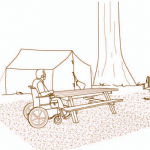
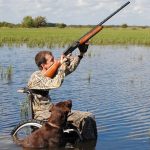
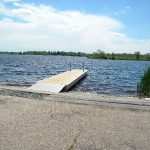

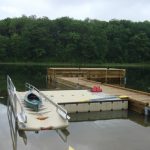
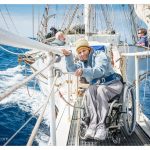
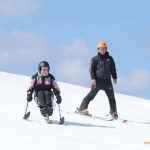
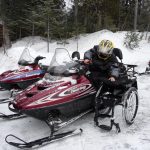

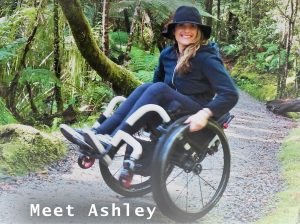

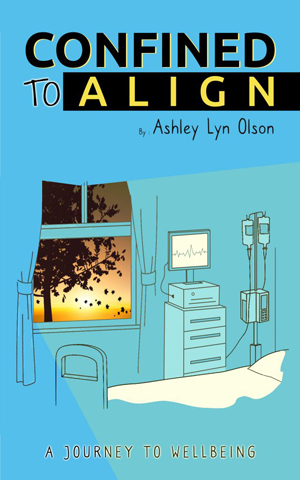
I had polio at the age of 5 and am now 71. My grandfather instilled the love of fishing to me when I was very young. He would take me to friends that had ponds with fish to make sure I was able to be near the water safely and as important catch fish. My family and I discovered Jekyll Island, GA about 25 years ago. At first it was all about the beach. We would take in the sights at night and it always lead us to the fishing pier. Years later when it was not longer possible for… Read more »